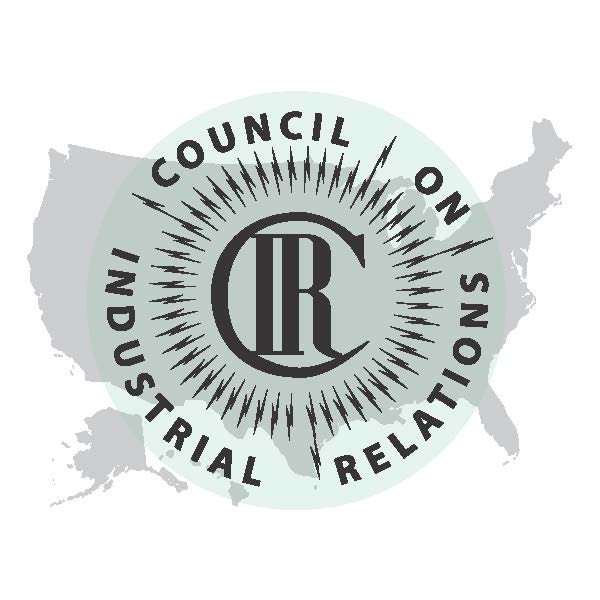
the cir (the council on industrial relations):
the cir is an alternative dispute resolution panel consisting of 12 members, 6 from the ibew and 6 from the national electrical association (neca). the panel serves the electrical contracting industry by providing a forum for peaceful resolution to labor disputes, which avoids costly strikes and/or work stoppages. the council is in essence a judicial body rather than a mere judicial board that seeks to seek out just decisions not just compromise. all decisions must be unanimous, there is never a third party involved in its decisions. since its inception in 1920, the cir has issued over 8,500 decisions.
the services of the council are available to either or both parties regarding a labor dispute whose local labor agreement provides for this means of resolving negotiating or grievance impasses. it exists to serve the industry and to help resolve only those issues upon which an impasse has been reached.
the director of the department serves as the secretary to the cir, with the department facilitating cir sessions as well as processing all cir correspondence.
bylaws:
in accordance with the ibew constitution, all local union bylaws, u.s. and canadian, must be approved under the ibew constitution by the international president. the bylaws department, by direction of the international president, facilitates the approval process and helps to insure that all bylaws conform to applicable laws, the ibew constitution and ibew policy. approved copies of all local union bylaws are maintained on file at the international office and all proposed amendments are routed through this department. current ibew pattern bylaws and instructions to assist local unions with the bylaw amendment approval process may be found under local connections.
appeals:
in accordance with article xxv, section 12 of the ibew constitution, any member penalized or otherwise disciplined by any l.u. trial board may appeal to the ivp any time within 45 days after the date of the action. once a decision has been rendered by the i.v.p. it shall become effective immediately. appeals to the i.p. and to the i.e.c. shall not be recognized unless, the party or parties appealing have complied with the decision from which they have appealed. the appeals department, by direction of the international president, facilitates the appeal process to the i.p. and i.e.c. and helps to ensure that all appeals conform to applicable laws, the ibew constitution and ibew policy.
for more information concerning cir...
